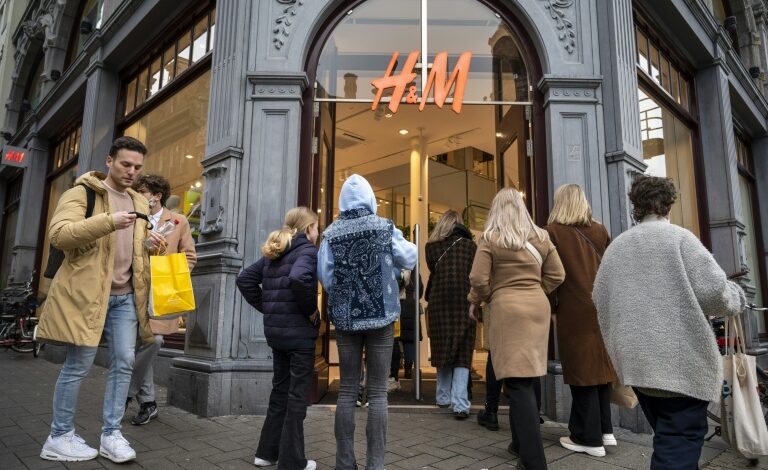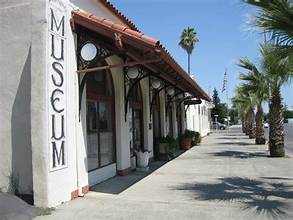Dutch Shoppers Flood Germany for Bargains Amid Cost Crisis

UPDATE: In a striking response to soaring living costs, Dutch shoppers are traveling to Germany in droves for significant savings on everyday products. This urgent trend comes as the Netherlands prepares for pivotal elections on October 29, where the high cost of living is a critical voter concern.
Marleen Naipal, a 53-year-old hair stylist from Rotterdam, recently took a 400-kilometre round trip to Bocholt, Germany, to take advantage of lower prices. “Some products are half the price,” Naipal stated, explaining that her €40 ($45) bus ticket is a small price to pay for a day of shopping.
This shopping spree is not an isolated incident. Hundreds of Dutch consumers are now boarding “shopbuses” from cities like Rotterdam, Amsterdam, and Utrecht, seeking affordable alternatives across the border. These trips have become essential for many as they highlight the stark contrast in prices between the two countries.
According to a recent survey by Dutch consumer watchdog Consumentenbond, prices in Germany are on average 15% cheaper compared to the Netherlands, with premium brands sometimes 25% less expensive. The report specifically mentions that items such as soft drinks and household goods are significantly cheaper across the border.
Bus driver Ali El-Abassi expressed his dismay over the price disparity: “I just don’t understand how things can be half the price in Germany than in the Netherlands.” His sentiments echo the frustrations of many Dutch consumers who find themselves grappling with a cost-of-living crisis.
As voters prepare for the upcoming elections, the issue of rising prices weighs heavily on their minds. The success of far-right leader Geert Wilders in the 2023 elections was largely attributed to his focus on purchasing power, indicating that economic concerns are intertwined with various social issues.
Political scientist Marcel Lubbers from the University of Utrecht emphasized that the cost-of-living crisis is a prominent topic for many voters. “It is still an important issue for many people, but they connect it with other topics,” he explained, referring to housing and immigration.
To address these concerns, the Dutch Authority for Consumers and Markets (ACM) has recently launched an investigation into food prices in supermarkets, examining the factors that contribute to the high costs in the Netherlands. The ACM will look into “territorial supply constraints” that limit retailers’ ability to import cheaper goods, particularly due to stringent labeling regulations.
Naipal believes that the high prices are a political issue, stating, “It has just become very expensive in the Netherlands in a very short space of time. Many people are struggling to make ends meet.” She expressed hope that the upcoming elections will lead to positive change for consumers.
For now, however, shoppers like Naipal are prioritizing their immediate needs over political concerns. As she proudly displays her haul of affordable German cosmetics, she adds, “Just buying what I need… and maybe something extra if I see something really nice.”
As the October 29 elections approach, the ongoing cost-of-living crisis continues to shape the landscape of Dutch politics and consumer behavior. With many voters feeling the pinch, the outcome of the elections could hinge on candidates’ responses to these pressing economic challenges.






